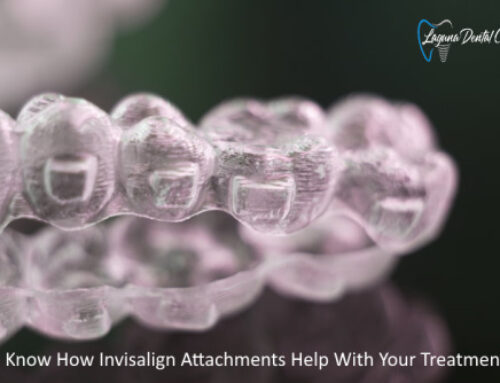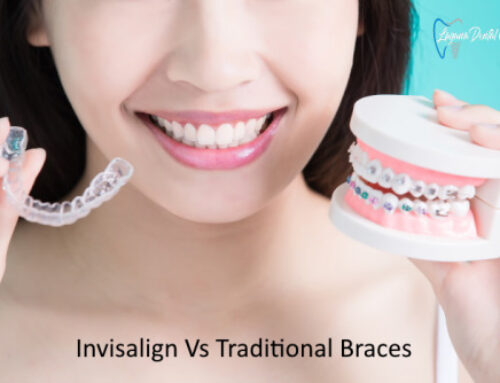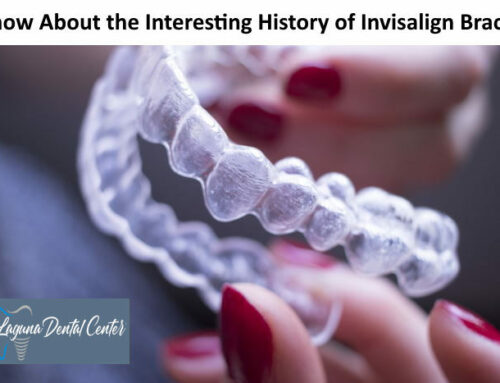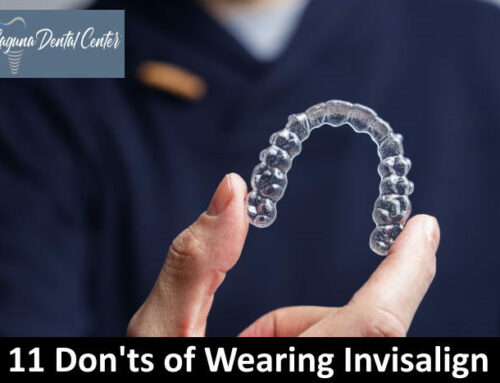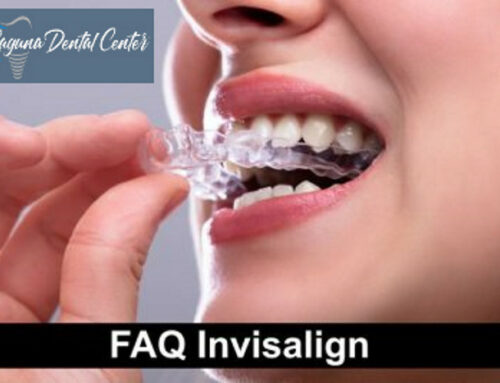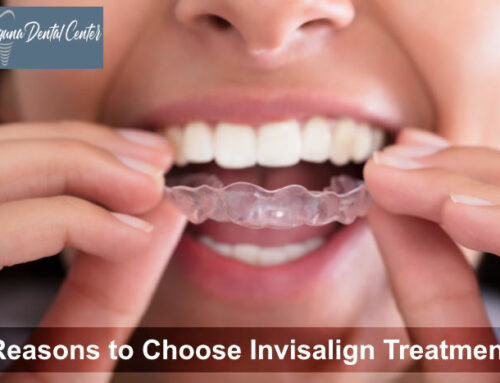Table of Contents
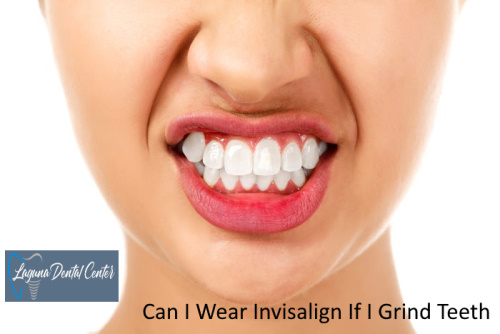
Since Invisalign is a flexible plastic orthodontic appliance, you should visit your dentist frequently to ensure that your aligners are still in excellent shape and protect your dental health from bruxism.
Can I Get Invisalign Aligners If I Grind My Teeth?
Yes. Since bruxism cannot be cured, it is crucial to stop its adverse effects as soon as possible. Wearing Invisalign will safeguard your teeth from damage brought on by teeth grinding.
Most orthodontists replace the aligners they use on bruxism patients every two to four weeks. Take into account these protective measures if you are concerned and wish to lower the possibility of harming your trays.
- Don’t consume any alcohol. Alcohol consumption will only make the condition worse.
- Avoid consuming junk food and caffeinated beverages like coffee and chocolate.
- Put down the gum. You clench your teeth more frequently as a result of chewing gum and training your jaw muscles to grind.
Can I Use a Nightguard During Invisalign Treatment?
No. An alternative to wearing a nightguard while Invisalign treatment is not allowed. A night guard can only be worn after the Invisalign process is complete. Ask your orthodontist to fit you for a night guard as you near the end of your Invisalign treatment to ensure that your teeth are as protected as possible.
What is Teeth Grinding?
The condition known as bruxism, or teeth grinding, causes you to clench, grind, or gnash your teeth. Teeth grinding can occur while you are awake or while you are asleep. It is called awake bruxism when you intentionally clench your teeth while awake. When you continue to clench and grind while you are asleep, this is called sleep bruxism. One sleep-related movement condition is sleep bruxism.
What are the Causes of Bruxism?
Although no known treatment for bruxism exists, scientists have identified its root cause.
- Stress: A stressful lifestyle can lead to teeth grinding at night.
- Age: Although bruxism can appear in youngsters as young as one, the disorder can still be overcome.
- Medications and other substances: Some psychiatric drugs, such as antidepressants, can make people grind their teeth.
- Genetics: A Hopkins Medicine study found that bruxism is genetic because it is common for several family members to experience the disorder.
- Other disorders. Other conditions like Parkinson’s disease, dementia, gastroesophageal reflux disease (GERD), epilepsy, night terrors, and sleep-related conditions like sleep apnea can all be associated with bruxism.
Can a Dentist Tell If You Grind Your Teeth?
Yes. A dentist can determine if you grind your teeth during a dental examination. Excessive tooth wear, including cracks, chips, or loose teeth, indicates bruxism.
Will Invisalign Cost change due to Bruxism?
Invisalign price will not change due to the patient grinding teeth. In general, Invisalign cost is comparable to that of traditional metal braces, and many financing options make treatment more affordable for patients.
Can Invisalign Be Used As a Nightguard?
Invisalign functions the same way as a nightguard at night. If you grind your teeth at night, Invisalign will effectively build a barrier between your teeth.
Dr. Ronald Ayzin at Laguna Dental Center has been performing Invisalign treatment since 2017. Make an appointment with Dr. Ronald Ayzin to find out if you can get Invisalign if you grind your teeth.

